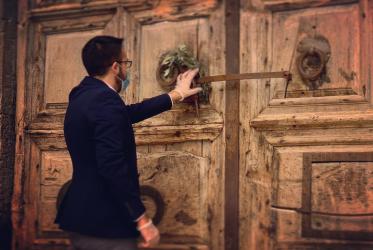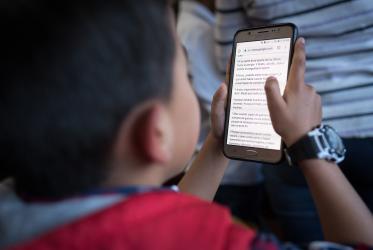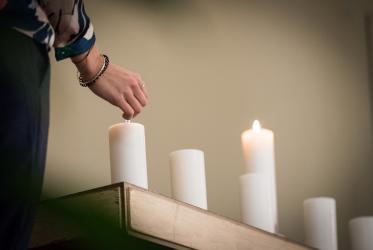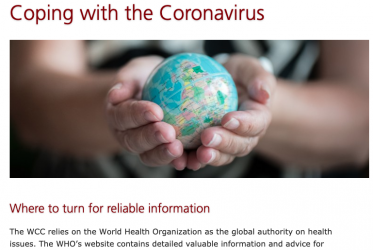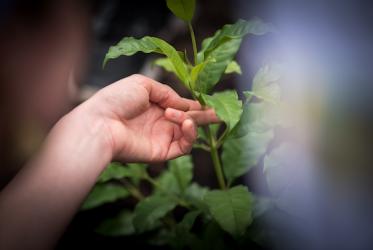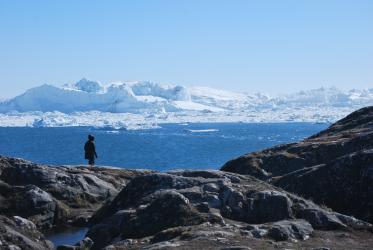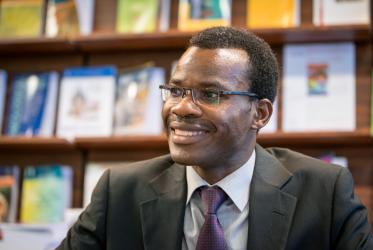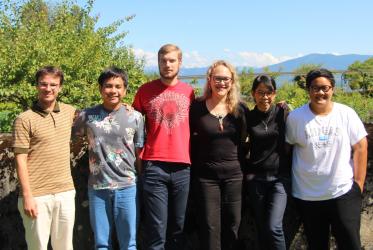Displaying 41 - 60 of 219
Christian communicators urge technologies that unite
20 March 2020
The essential role of crisis communication
19 March 2020
WCC webpage available on ‘Coping with the Coronavirus’
18 March 2020
Church of South India eco-ministry featured on UNESCO website
17 February 2020
Greenland’s grand Gospel preacher
07 February 2020
WCC looks to strengthen Christian health networks
19 December 2019
A holistic approach to climate change
03 December 2019
WCC staff appointed to WHO Civil Society Working Group on NCDs
28 November 2019
Youth leaders: “We will stop at nothing” to end HIV and violence
17 October 2019
WCC President Wejryd: ‘Water, in many ways, represents God’
27 September 2019
Climate emergency: faith-based groups pledge to amplify prophetic voice
25 September 2019
New website launched for Bossey Hotel and Conference Centre
12 September 2019
